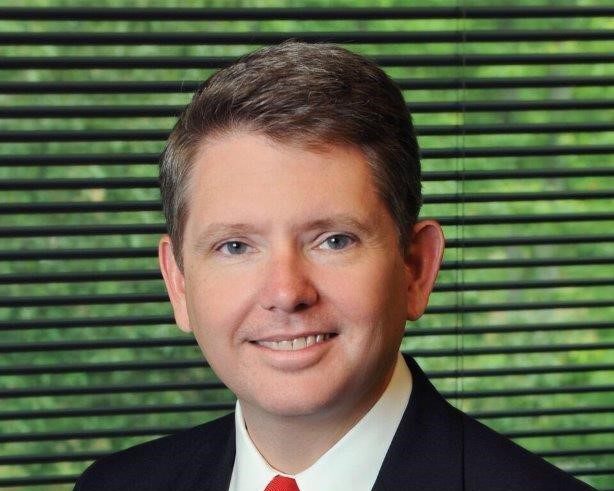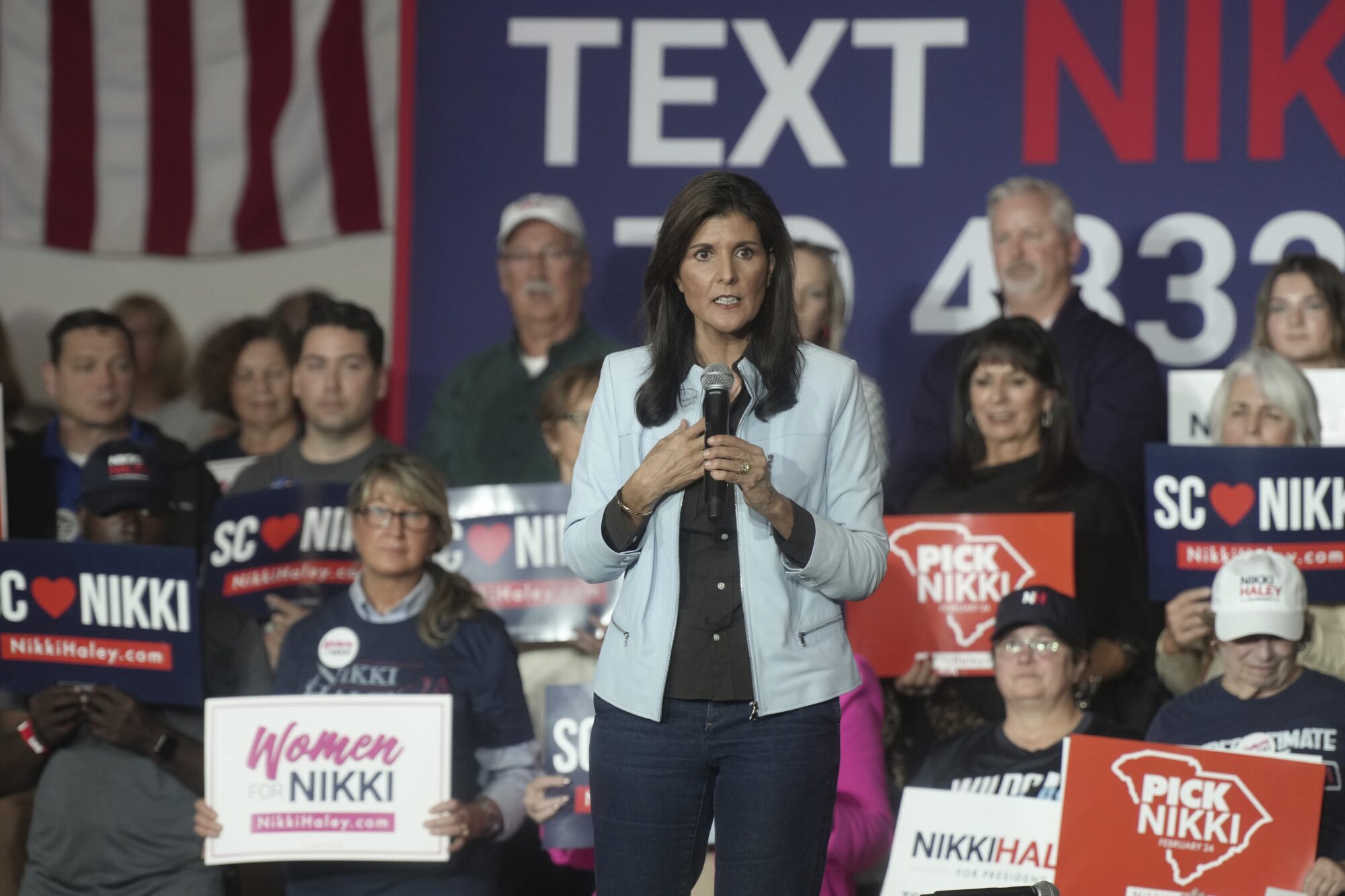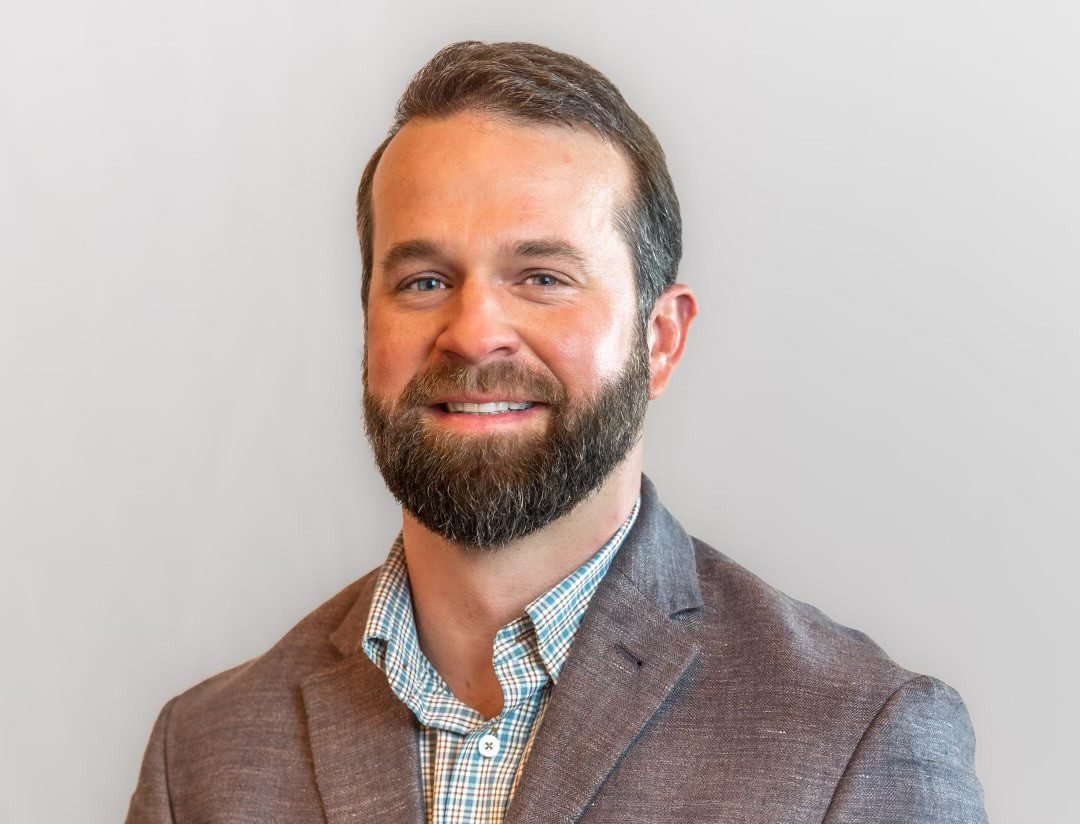
Sid Salter
Columnist Sid Salter says public health care for Mississippi’s poor, working poor, uninsured or underinsured is an expense that will ultimately be borne by the taxpayers.
After the 2023 statewide elections – in which the fiscal plight of Mississippi’s hospitals and the working poor populations many of them serve were front and center issues – the leadership of both houses of the Mississippi Legislature has signaled that they are ready to discuss a change in the state’s healthcare strategies.
At the executive level, Republican Gov. Tate Reeves is still opposed to Medicaid expansion and calls that path “welfare.” But during the 2023 campaign as Democratic gubernatorial contender Brandon Presley pounded him in speeches and digital media ads over the state’s failure to expand Medicaid, Reeves successfully put forth a Medicaid reimbursement plan that would bring state hospitals an additional estimated $689 million that the Biden Administration approved.
Anyone who is particularly surprised that the state’s legislative leadership is empowering discussions of some form of significant reform of Mississippi’s health care policies as a means of keeping rural hospitals open and viable simply hasn’t been listening. Lt. Gov. Delbert Hosemann and new House Speaker Jason White in great measure reflect the views of the majority of the legislators they represent.
Over the last several years, Hosemann has honed a consistent message that the state he helps to lead needs a more realistic Medicaid program in which the state’s values match the state’s policies – and that getting hung up over the term “Medicaid expansion” is an outdated obstacle to that goal.
Hosemann often tells the story of a low-wage working woman in Greenwood who died of cancer because she had no health insurance or available health monitoring.
It bothers him from both a moral and fiscal standpoint. No one’s bleeding heart liberal, Hosemann is a fiscal conservative who happens to believe taking a hard look at Medicaid in the poorest state in the union makes more fiscal sense than most realize.
Asked in 2022 about Medicaid expansion, Hosemann said: “What does that mean? What is the expansion of Medicaid? That is a lazy question. What you need to be thinking about is how we are going to cover people that are working in Mississippi that have catastrophic illnesses. That’s the real question.”
New House Speaker Pro Tempore Jason White, R-West, lives about 17 miles from the hospital in Kosciusko and about 20 miles from the hospital in Lexington. The state’s larger trauma hospitals are a long ambulance ride away from West in any direction. In other words, White understands the plight of rural hospitals, and like Hosemann, is willing to entertain substantive legislative discussions of solutions to those challenges.
What is also coming into focus is that any legislative solution will be aimed at providing health coverage for the working poor – people who hold jobs but don’t earn enough to afford health insurance. A work requirement will meet with strong opposition, but it appears to be one of the points necessary to get the Medicaid expansion question off-center in the state.
Public health care for Mississippi’s poor, working poor, uninsured or underinsured is an expense that will ultimately be borne by the taxpayers. The only real mystery is whether the lion’s share of those costs is paid by federal, state or local taxpayers or a combination of all three.
Mississippi taxpayers are helping to fund expanded Medicaid programs in 40 other states, the latest being North Carolina. But like taxpayers in fellow non-expansion states like Alabama, Florida, Georgia, Kansas, South Carolina, Tennessee, Texas, Wisconsin and Wyoming, Mississippians are unable to assist the working poor in our state and at the same time enhance the viability of struggling rural hospitals.
Despite the stereotypes and the longtime racial imprint that critics of Medicaid have fostered, in North Carolina the majority of the 273,000 new Medicaid enrollees there are white, female and 58 percent are under the age of 39.
Mississippi’s a long way from expanding Medicaid, but a Republican-led Legislature is initiating a serious conversation about what can be done to strengthen the state’s hospitals and better serve the state’s working poor. That conversation is long overdue in our state.








